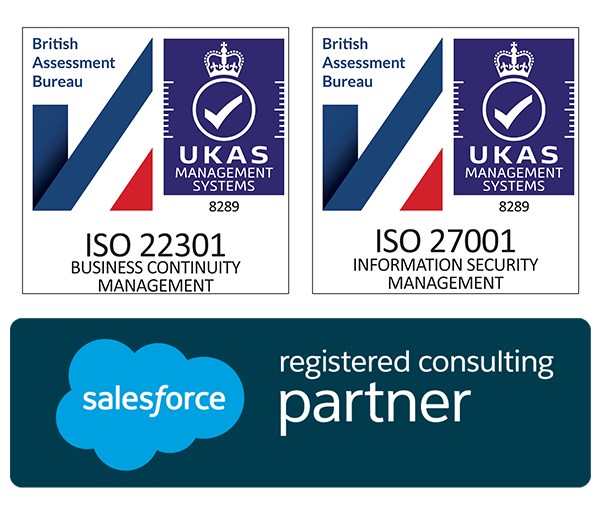
Pitfalls of Offshoring Too Early

Are you offshoring too early? As important as growth is to your overall long-term business strategy, premature expansion into the global marketplace can be a real danger. Yes, your company needs to grow but scale too quickly, and the consequences could be catastrophic if not fatal. As with everything in life, timing is key. Unfortunately, the history of modern business is littered with the remains of companies that tried to grow too much, too fast. Here we list some of the dangers that your company could encounter by offshoring too early on.
Market Misjudgement
Expanding your business across borders might seem like the obvious next step in your growth strategy, but this may not be the best action to take. Offshoring too early is a big risk to take if your company is not ready. Sure, you have a successful product that your domestic customers rave about on social media. But while customers in your home country may find your offerings appealing, there’s no guarantee of success outside of your nation’s borders. There’s a whole host of factors that could cause foreign markets to reject your brand and its products. For instance:
- You don’t meet the market’s price needs
- The offering doesn’t support their culture or beliefs
- The cost of attracting customers outweighs any potential benefits
To avoid eliminating any possible new markets with a failed launch, you need to do your homework. Don’t assume that success at home translates into success abroad. Consult with experts, test the market and consider every aspect of international expansion before you map out your plan and try to put it into effect. That initial research is crucial as it will help you avoid a wide range of potential problems later on.
Work Overload
Overburdened, overstressed and overloaded employees can represent another major pitfall. When you try to grow quickly and start offshoring too early, it’s easy to leave your employees vulnerable to burnout. Ensure your execution plans take into account new projects and demands and how they fit into your existing team’s workload.
Trading in new markets often means new problems that your business may not have experienced before. You must be ready to adapt and resolve problems quickly by ensuring your team receives the appropriate training. Whether it’s dealing with customer support issues or software bugs and plugins, your employees must be prepared to resolve issues quickly and efficiently to guarantee your success. If you scale before you are prepared, not only will your brand’s reputation suffer but the future of your business too.
Foreign Market Instability
In many foreign markets, large economic swings are a fact of life as capital moves in and out of the area on a frequent basis. During growth phases, those quick shifts in fortune can provide unparalleled opportunities for small, well-managed companies. When things turn sour, however, those fortunes can shift at a speed that many firms struggle to match. You need to make sure that you understand the local economy which you are trying to enter so that you can make a proper risk assessment grounded in historical precedent and current realities.
Unexpected Local Costs
The last thing that you need is to launch a new market initiative too quickly and then discover that the local infrastructure and cost model doesn’t meet your needs. In reality, this should never be a concern since savvy companies should research these factors before expanding. Unfortunately, some smaller enterprises make the mistake of assuming their existing business model can migrate to any new jurisdiction. Local infrastructure issues like energy costs, technology access, transportation and other concerns can quickly dispel that assumption.
Business Uncertainty
Issues can also occur when you haven’t yet secured your existing business. The globalisation trend has left many start-ups and even established small firms mistakenly thinking that they need to expand into foreign markets to avoid being left behind. As a result, many companies rush the process, with some offshoring too early, way before they’ve had an opportunity to prove that their business foundations can withstand the test of time. The problem is that it’s risky to build anything of lasting value on a weak and uncertain foundation.
If your company is relatively new, or just getting ready to launch, there’s an easy way to avoid that pitfall. Just make globalised expansion a part of your business plan when you launch. No, that doesn’t mean that you need to launch your company with an instant global reach; although some high-tech companies and financial services are certainly capable of doing so. It simply means that global expansion should be part of your plan from the company’s first days of operation. Set tangible goals for achieving that growth and have at least a rough idea of what the expansion will look like.
What does that mean?
When growth is factored into your strategy from the start, there is no need to reinvent yourself later. By laying a foundation that can facilitate scaling, you create systems that can be migrated to anywhere. So, it’s a more holistic approach to expansion.
Timing is everything; when it comes to international expansion as those scaling efforts can weaken your company and leave it vulnerable. Identify risks and develop strategies that help you to minimise them. This will take time, commitment and access to information about your markets. Whether you opt for professional assistance from experts or go it alone, the key is to minimise these pitfalls of offshoring too early and protect your company from the risk expansion entails.
Find out more
If you are looking for Salesforce / Pardot Support with an existing Org or want to know if Salesforce or Pardot is right for you, get in touch with us for a free consultation or simply a chat.
We’ve been in the Sales and Marketing Strategy game for longer than we care to remember, but we pride ourselves on the combined exposure our team has had to different B2B markets globally, and the strategic services we offer your business as a result.
We regularly work alongside Start-ups and Enterprises alike, so we’re certain we will find you a path to growth, whatever your plans.
We are open Monday-Friday 9-6pm and have open channels for communication either on our LinkedIn, Twitter or you can simply give us a call on 020 8106 8500.




